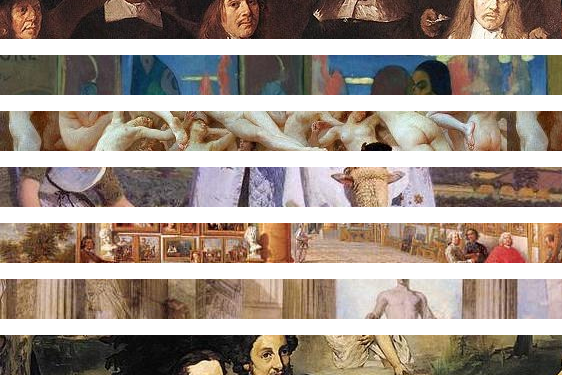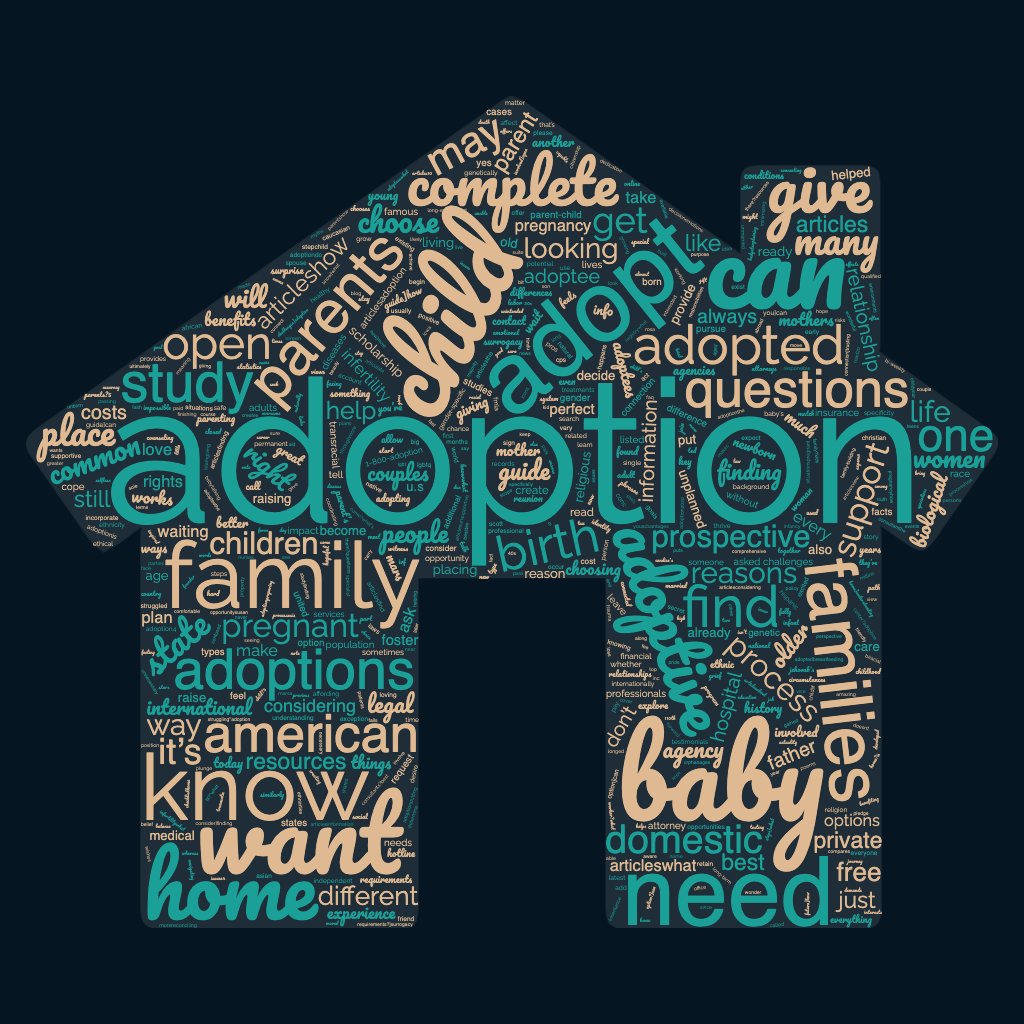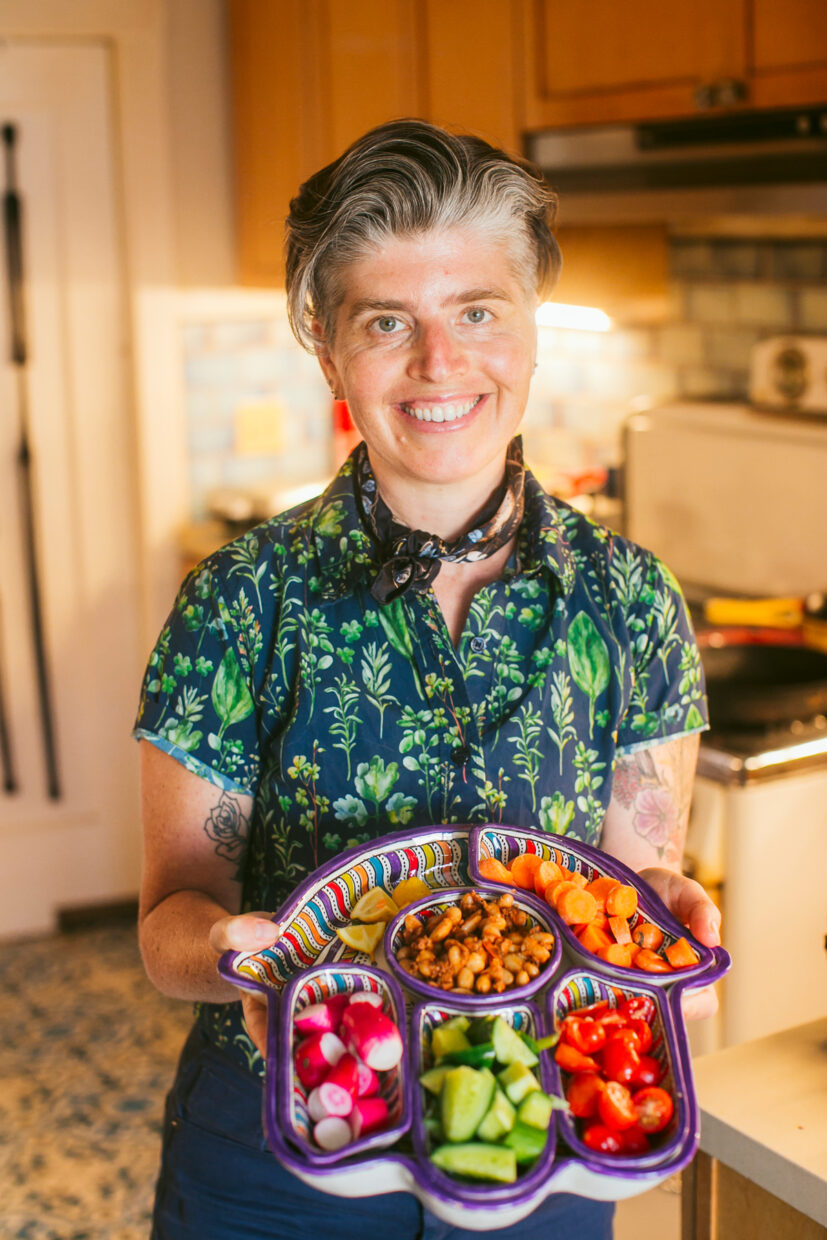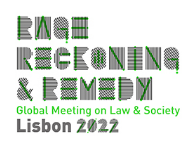Lately, I feel like an increasingly big part of the second half of my life is saying goodbye to people I love. Just recently, we unexpectedly and prematurely lost so many friends. This morning we received the terrible news that our friend and colleague Prof. Gad Barzilai, of Haifa University (formerly of Tel Aviv and University of Washington) has died of heart complications. It was very sudden and he was only 65 years old.
I met Gadi in Tel Aviv, when I was a frustrated postdoc there, and his advice and encouragement through the job search process was invaluable. His humanism and optimism was uplifting. We later worked a lot together at the Israeli Law & Society Association and at LSA, whose conferences he attended without fail.
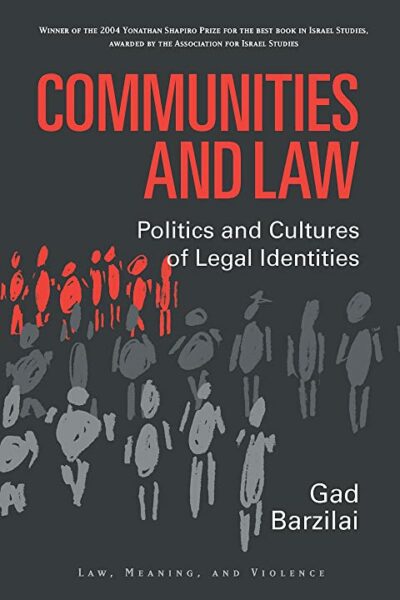
Gadi was a scholar of universal renown, whose writings straddled the fields of constitutional law, administrative law, and political science. His book Communities and Law dealt with questions at the heart of Israel’s current crisis: how should majoritarian democracies treat minorities with identifiable community cultures? In the book, Gadi discusses the case of Israel, focusing on three such minorities: Palestinians, women, and ultra-Orthodox Jews. By contrast to much of the political science literature, from Robert Nozick through to Bhikhu Parekh (thank you, Sam Scheffler, for teaching me this literature) Gadi didn’t have a prescription to fit all majority-minority situations. Rather, he thought that each minority culture frames its own interest in, and ability to, engage with the majority culture in a different way, which requires
flexibility in framing the appropriate response within liberal societies.
This idea–of letting disenfranchised groups speak for themselves and understanding them on their own terms–also characterized his pedagogy and administrative work. An expert on Israel’s political culture (and the president of the Association of Israel Studies between 2011 and 2013) Gadi forged relationships with scholars, students, and administrators of varied backgrounds and walks of life. He used to say that research (and life) were “revolutions in a tie.” His administrative career was a testament to this. Under his Deanship, Haifa University bolstered and strengthened its impressive clinical program, with the idea being putting legal studies into practical use by helping those unable to afford legal representation.
Gadi was also a high-profile commentator on current events in Israel, where his vast goodness and common sense made him uniquely qualified to be a straightforward voice of basic morality. His last few posts on Facebook are a testament to this. Upon hearing that the 37th government sabotaged the ability to monitor domestic abusers with electronic cuffs, he said, “this is a clear sign of a country in serious moral crisis; we might be able to save the legal system, but who will save a woman who will be murdered? Shame on you.” His analysis of the convoluted events of the last few weeks was always crystal-clear, spot-on, and prescient. This article (for the Hebrew readers among you) is an example of his ability to convey complicated ideas in ways that everyone can understand and relate to, legally and morally (“the chances of a written constitution in Israel are just like the chances of me being a world champion in running.”) And in this article he warned all of us of the brewing civil war. In one of his last interviews, he articulated his vision for Israel’s constitutional future:
I want a bill that enshrines human rights that, to this day, are only supported by the High Court of Justice–the same “dictatorial” High Court that is now being challenged–which will include freedom of speech, freedom of travel, freedom of religion and freedom from religion. It’s great to be Ultra-Orthodox, but it’s also great to be secular, and every person must have the freedom to live according to their views. At the end, we must improve the existing Basic Laws, to enshrine human and civil rights with an emphasis on minority rights.
I’ve now seen lots of testaments and obituaries online, and interestingly very few of them focus on Gadi’s own scholarship, which was vast and impressive; rather, people are commenting on how Gadi supported and encouraged their own work. Because that’s exactly who he was: devoid of any ego, incapable of pettiness, he was universally generous to all. Always with a kind word to everyone–fancy people in the field as well as undergrads and grad students–and always expressing deep curiosity and interest, a desire to learn, and a sense of partnership and enthusiasm about other people’s work. Always a champion of his friends and colleagues, Gadi was constantly one of my recommenders for any job, award, or grant I went for, and always effusive in his advice and praise. He also chaired the panel that celebrated my first book, Cheap on Crime, and had such wise remarks about it. I think we all felt that Gadi was an expert in our field because he was so knowledgeable in all fields.
Gadi had known for a while that his cardiac condition spelled trouble, and had made lifestyle changes in terms of exercise and diet; but he continued to work himself ragged and worry desperately, from the depths of his big heart, about the future of the country he loved so much and fretted so much about. I really do think that this government broke his heart. It is precisely in these dark times that we need courageous voices of common sense and a strong moral compass to remind us that there is an objective good and that we need to care about everyone, not just let the majority trample human rights. With Gadi’s voice muted and his great light dimmed, I worry more for us all. What is remembered, lives.




